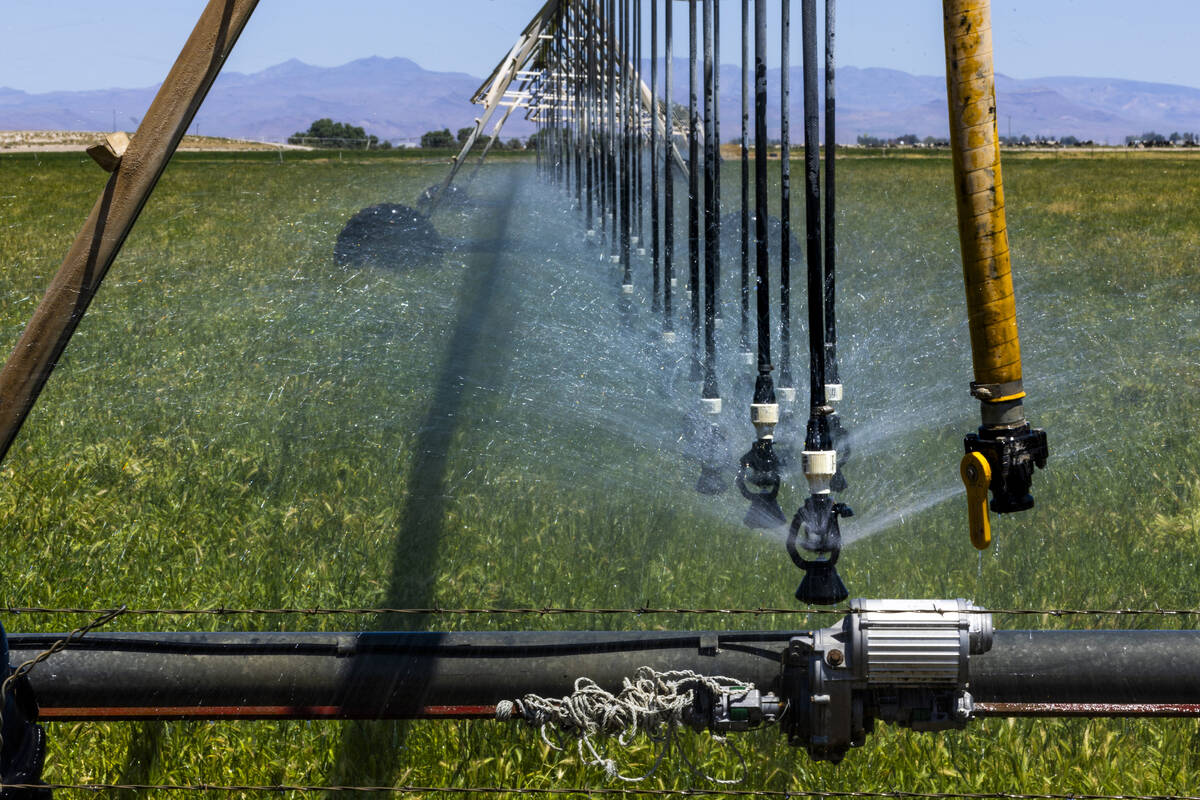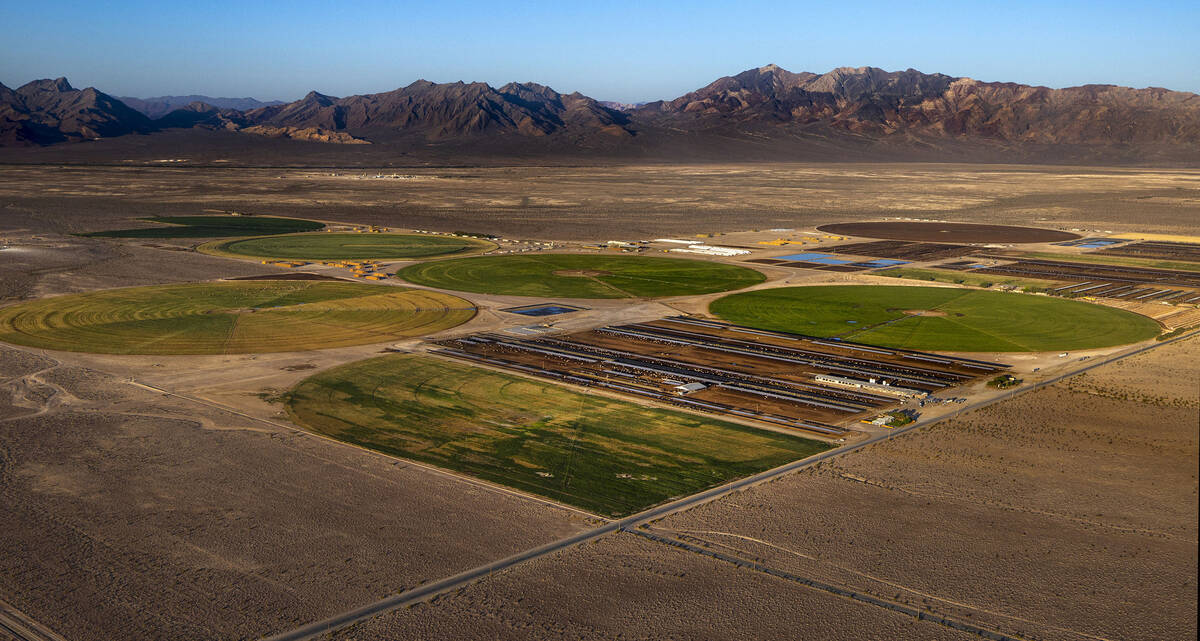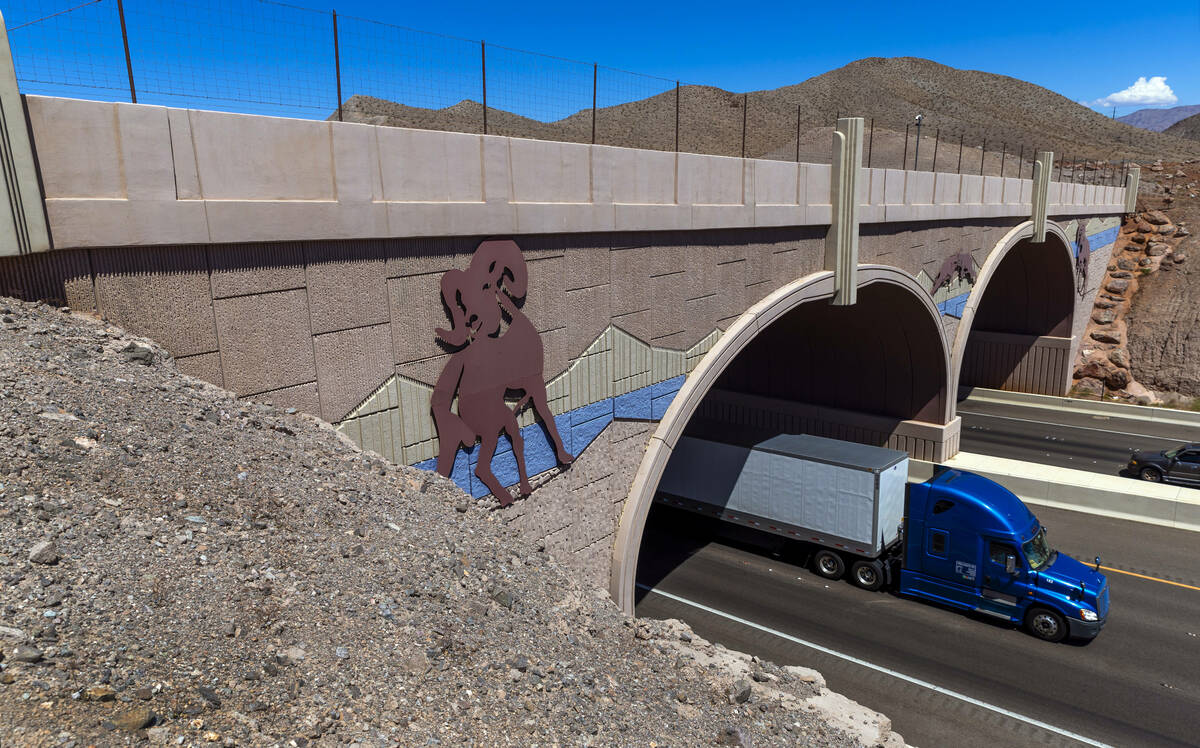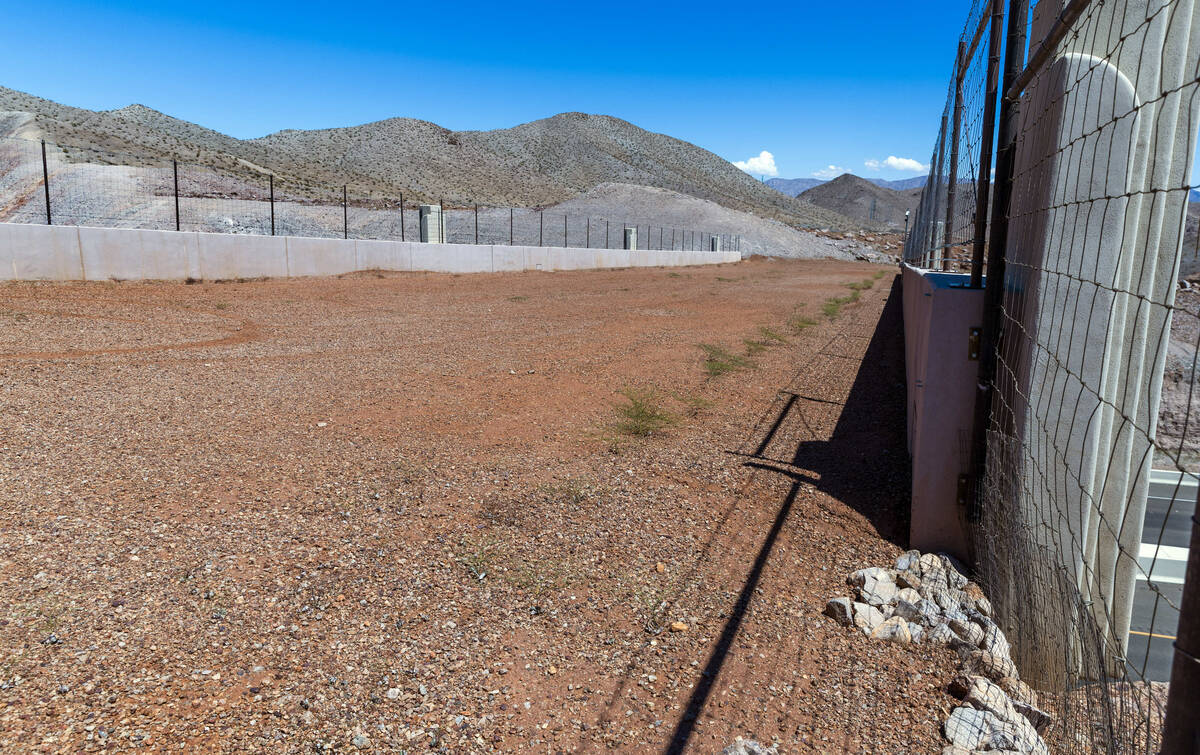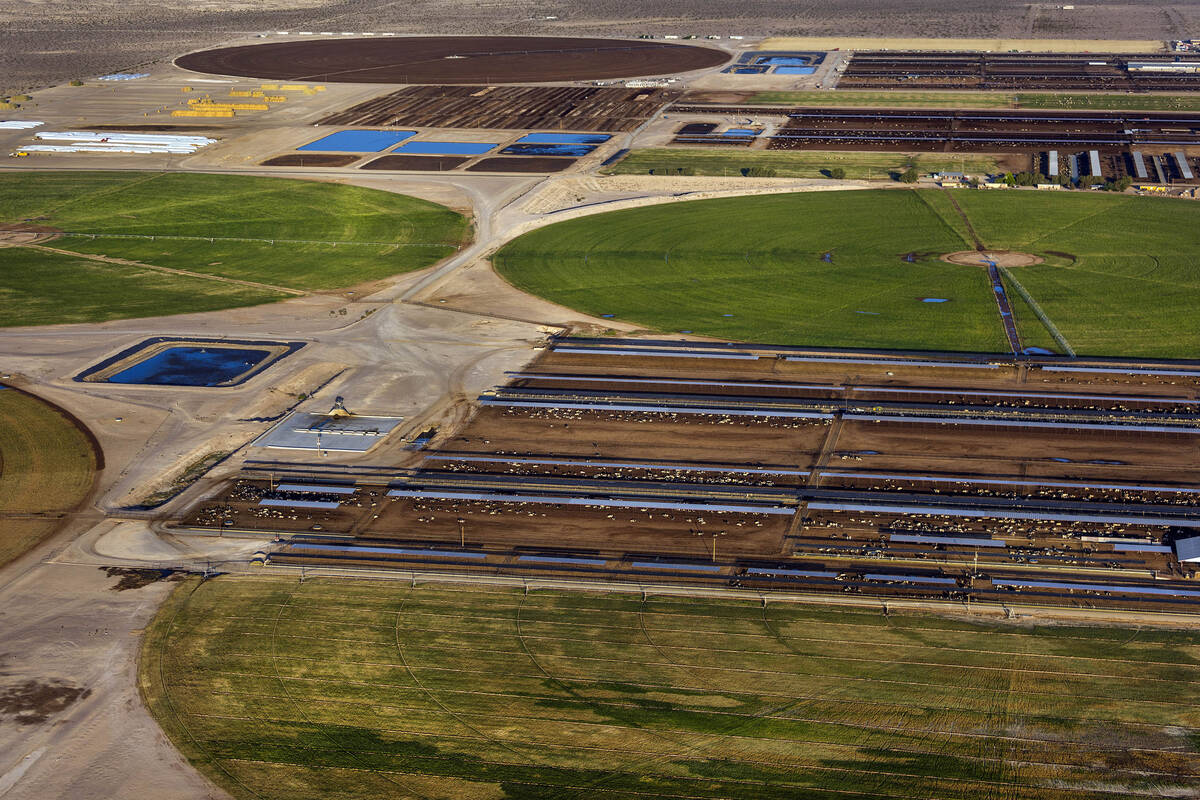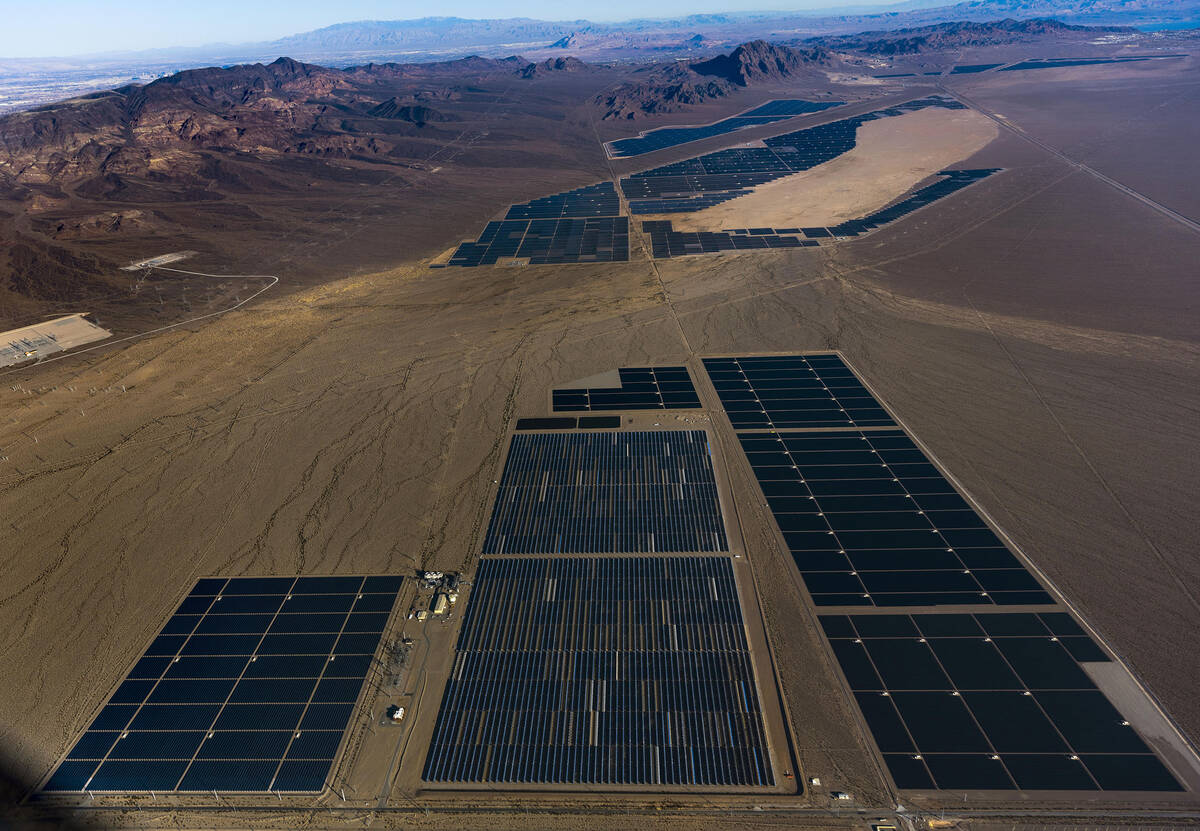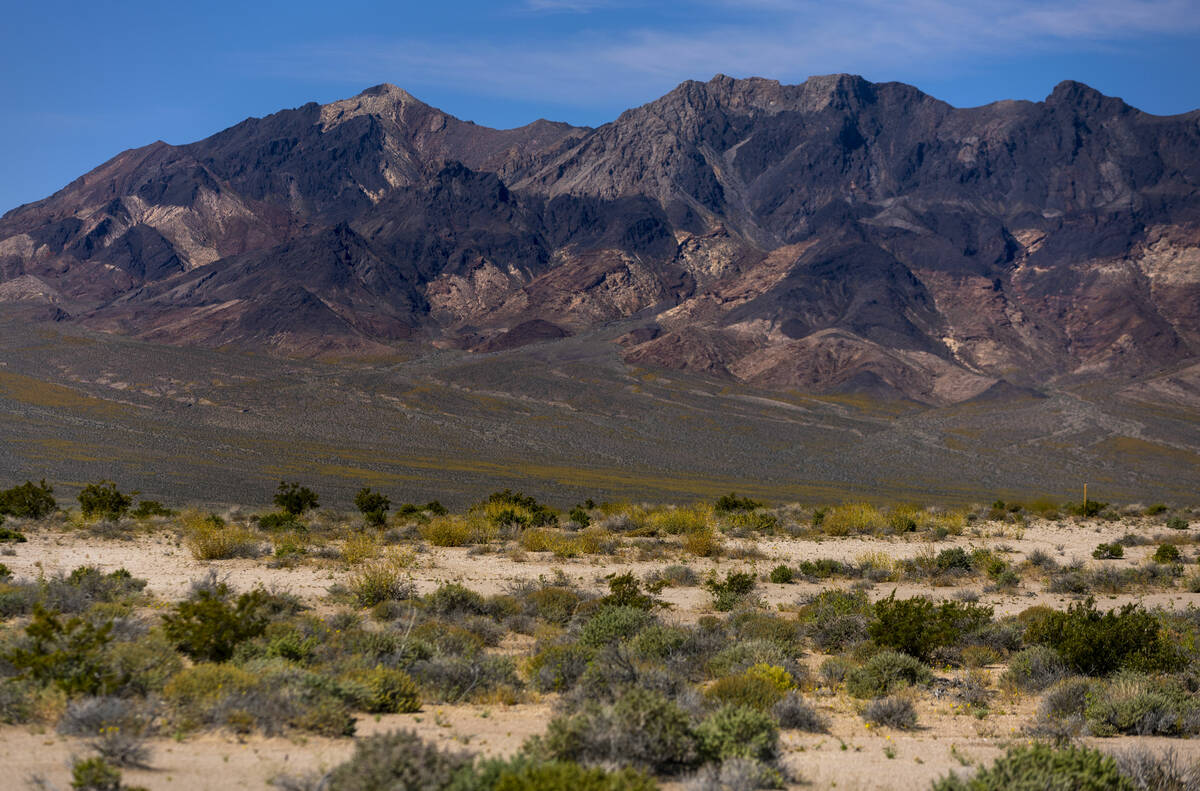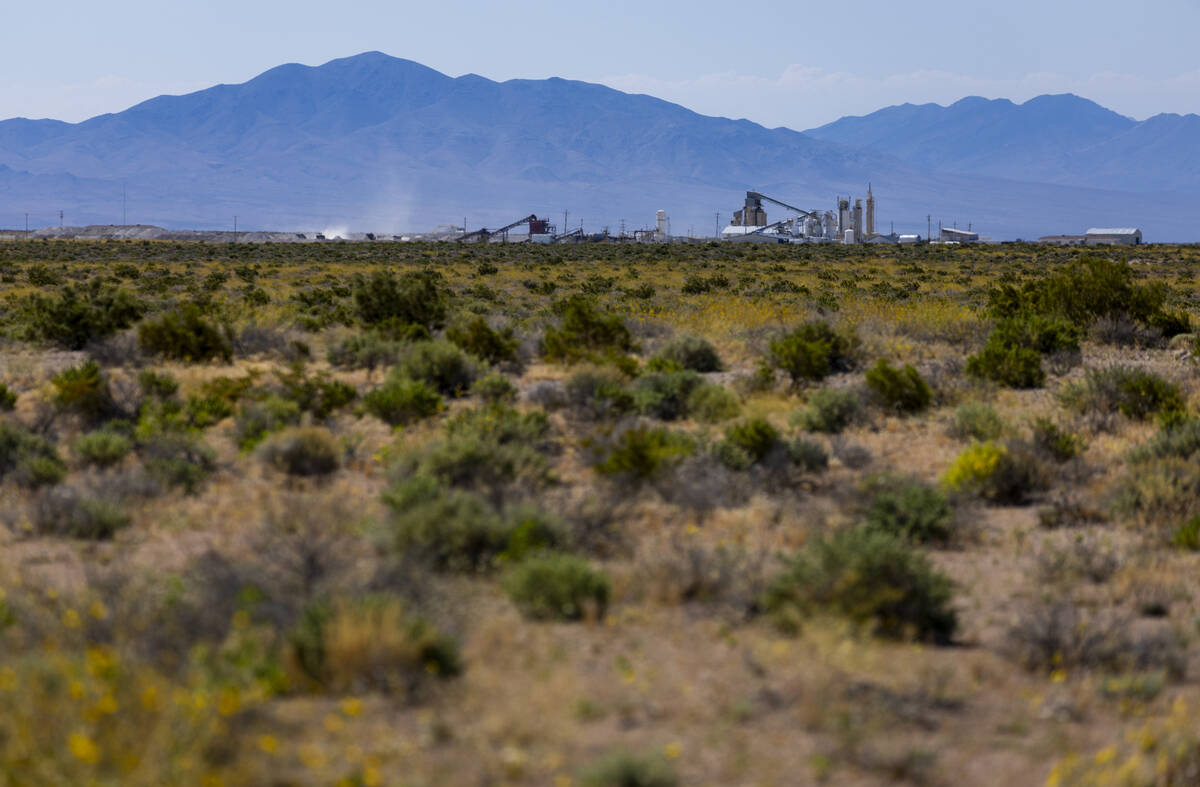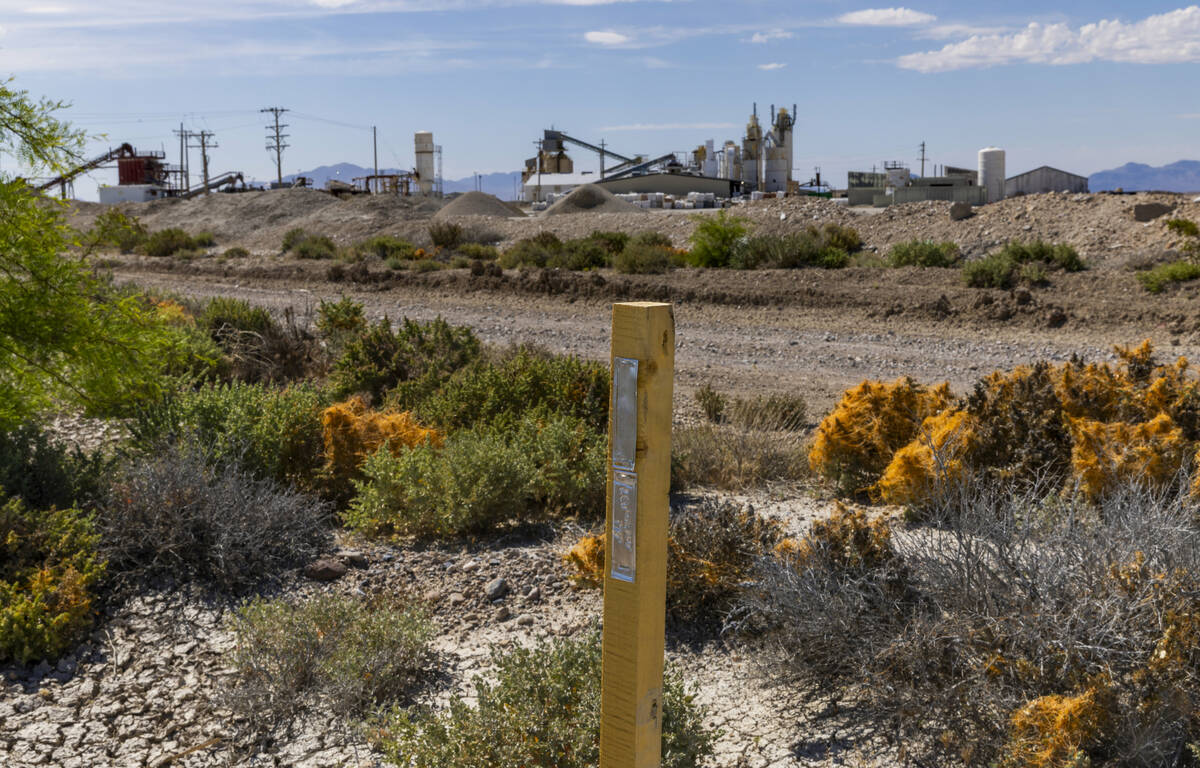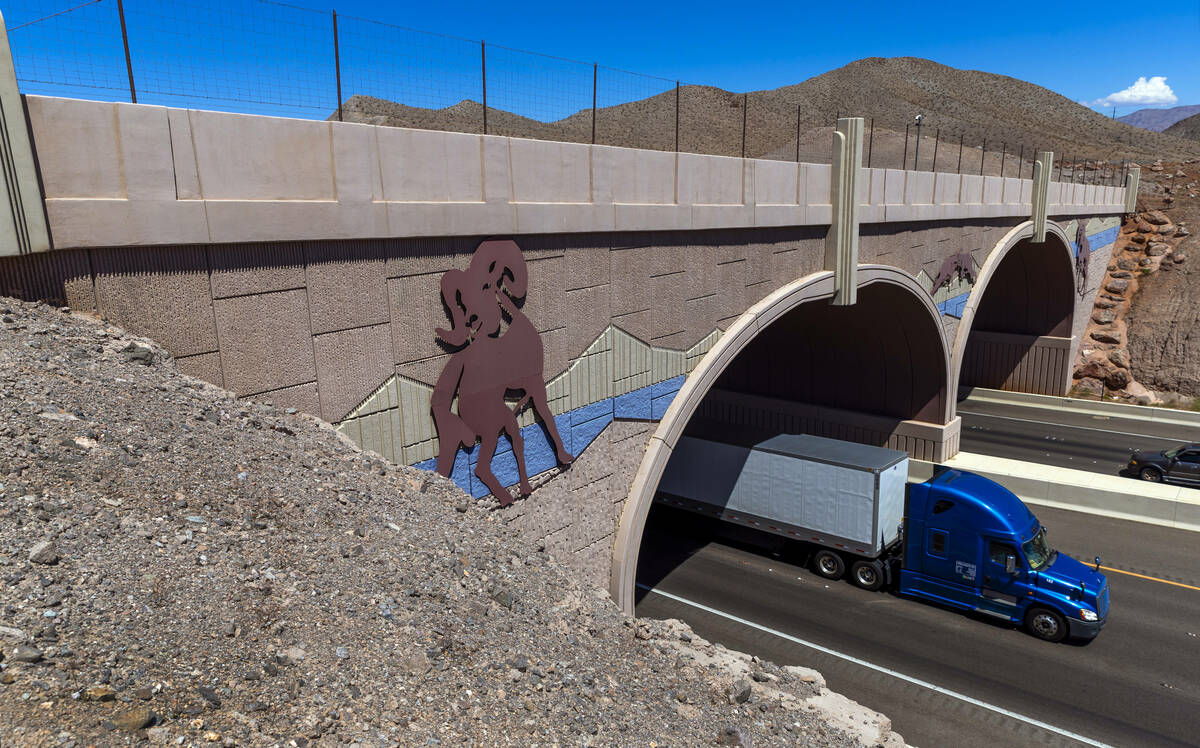5 proposed bills to watch on water, the environment in Nevada
In the nation’s driest state with the highest percentage of public land, managing natural resources effectively is front of mind for state lawmakers heading into the next session of the Legislature.
Throughout the part-time Legislature’s off-season, the joint interim committee for natural resources has met six times to discuss the most pressing issues that could require changes to state law. Among them this year have been the state’s lithium boom, the makeup of state wildlife and mining commissions and voluntary programs where farmers and ranchers can retire their rights to pump groundwater.
Of the issues presented in the meetings, the committee can approve 14 bill draft requests to change state policy, four of which must pertain to Nevada’s public lands. All of the ideas are in early stages and will require approval of both state chambers as well as Gov. Joe Lombardo.
Here’s a breakdown of some of the committee’s proposed bills related to water and the environment that could see their day in Carson City in 2025.
Cash-for-water rights programs
Water and the rights needed to pump it are a hot commodity in Nevada.
Two of the bills approved on Friday pertain to voluntary water rights retirement programs, where farmers and ranchers with senior water rights can retire their water rights permanently in exchange for cash.
In half of Nevada’s 256 water basins, people hold claim to more water on paper than is recharged every year from snowpack, according to science nonprofit The Nature Conservancy.
This year, Nevada piloted state cash-for-water rights programs led by the Central Nevada Water Authority, Humboldt Basin River Water Authority and Walker Basin Conservancy. They were wildly popular, but under-resourced.
Peter Stanton, of the Walker Basin Conservancy in Yerington that represents water users reliant on the Walker River, told lawmakers that there was almost 10 times more sellers than the program could afford to pay. Last week, the first set of water rights, totaling 500 acre-feet or 163 million gallons, were retired, Stanton said.
“Stopping groundwater decline is vital to providing sustainable water supply for future generations of Nevadans,” he said. “I commend the committee for its foresight in requesting this bill draft.”
‘Transit to trails’
Another bill is focused on equalizing who gets to see Nevada’s most beautiful landscapes.
Lawmakers approved a bill that would create a task force for a “transit to trails” program, where public transit would offer dedicated routes to and from recreation areas and parks. The task force would be in charge of securing funding and identifying the areas where trail transportation is needed the most.
Olivia Tanager, director of the Sierra Club’s Toiyabe Chapter in Northern Nevada, said she’s heard from too many Southern Nevadans who haven’t been to Mount Charleston and from too many Northern Nevadans who haven’t seen Lake Tahoe.
The goal is to make the outdoors for everyone by giving them safe, affordable transportation options to get there, she said.
“We strive to get people outside to enjoy, explore and protect our public lands,” Tanager said.
Regenerative agriculture
Recommended by Assemblywoman Selena La Rue Hatch, D-Reno, Nevada may soon invest in a “Healthy Soils Program,” where state agencies would promote so-called “regenerative agriculture.”
Those are farming practices that reduce water use, minimize land degradation and even sequester carbon that would have gone to the atmosphere. About 26 other states have similar soil programs, a rancher told lawmakers in February.
Under the bill, a Soil Health Advisory Board would be created through the state Department of Conservation and Natural Resources, with the goal of educating Nevada’s farmers on regenerative agriculture and helping them secure grants in their transition to more sustainable practices.
In 2023, a similar bill was passed by the Assembly Natural Resources Committee but never heard on the floor.
“We’re glad to see that it’s made a return,” said Sheila Bray, a representative of University of Nevada, Reno, home of the state’s only agriculture college.
Wildfire partnerships
Nevada state forester, Kacey KC, told lawmakers this year that the state doesn’t make use of all of the interstate fire partnerships available to it.
It’s been an active fire year in Nevada and the West at large, and KC argues that joining the compacts of states in the northwest and Great Plains would greatly increase the Silver State’s response to wildfire disaster.
Instead of agreements between every state, these compacts allow for a mutual understanding that resources can be shared as needed.
California and Utah are the only Western states not involved in an interstate compact, KC said, though both are also working on gaining legislative permission to join. Passage of a state law is a requirement of membership.
“State-to-state assets can be mobilized faster than the national ordering system and include additional assets,” KC wrote in a letter to lawmakers. “This enhances the protections for Nevada communities, ecosystems, and livelihoods.”
Wildlife crossings
To avoid more car accidents involving wild animals, the Legislature put its support behind a finance bill that would alter the state budget to award $5 million biannually to wildlife crossings.
Wildlife crossings, structures that help animals cross busy roads, gained bipartisan support in 2023 with Assembly Bill 112.
There are 79 of them across Nevada, according to a letter written by nonprofit The Pew Charitable Trusts.
When accounting for repairs, medical costs and carcass removal, a single deer collision can cost $19,089, an elk collision can cost $73,196 and a moose collision can cost $110,397, according to a Nevada Department of Transportation study.
Sen. Pete Goicoechea, R-Eureka, expressed concern that $5 million every two years may not be enough. Vice Chair and Assemblywoman Natha C. Anderson, D-Sparks, asked the committee’s chair to inquire whether Lombardo is already considering allocating more money in next year’s budget.
“Consistent funding remains the primary constraint for new wildlife friendly transportation infrastructure,” the nonprofit wrote in a letter signed by representatives Nicholas Callero and Kyle Davis.
Contact Alan Halaly at ahalaly@reviewjournal.com. Follow @AlanHalaly on X.




